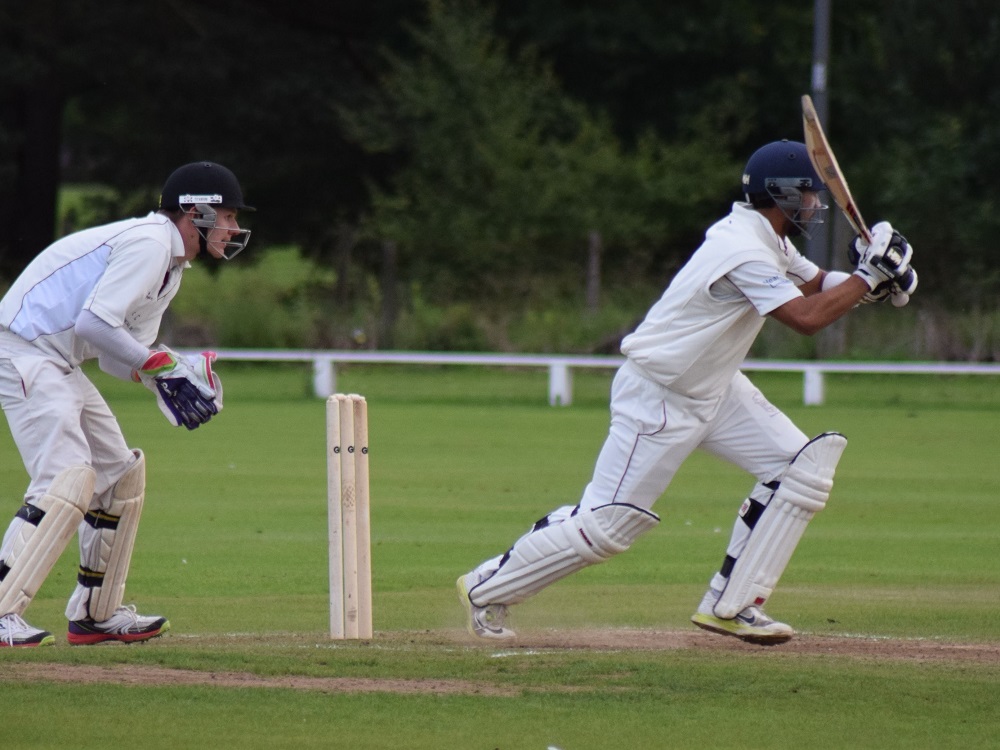Coaching Cricket Sense
 What's the secret to coaching cricket smarts?
What's the secret to coaching cricket smarts?
Some people have a natural “cricket brain”. Others simply bat or bowl without thinking about too much.
The key to instilling game sense in the latter is not to bombard them with information during games. Allow them to explore and make the decisions that they think are correct, and don't be shy in allowing them to make mistakes. This is how they will learn. The biggest amount of learning can be done in discussions post game and in preparation for the next game. Ask the player open questions, allow them to tell you what they did well, let them explain why they made certain decisions and gradually guide them down the road to find what may have been a better decision.
A good example of this is a young County Age group batter that I have been working with for a very long time. She found in her first couple of games that she was facing a lot of dot balls. I mentioned to her that she was getting stuck on strike and asked her how she was going to score if the ball wasn't going to the boundary, she said she was unsure as she was finding the fielders in or on the circle. After a discussion about how deep the squarer fielders were, where the gaps were in the leg side circle were and that there was only ever two slips she said to me, do you think dropping and going is an option? Or running the ball to third man could work?
Suddenly her cricket brain is engaged and she has become cricket smart, but not because she has the answers fed to her, because she has found them out for herself. You only get cricket smart when you find your own way, the coaches job is to guide you to those answers.
Off the field
Cricket brains don't finish on the field.
For the last year I have been working with a fast bowler in the Western Province and Cape Cobras set up. I could never teach this guy anything about bowling fast, sure I gave him a few tips about his action when he went away from what made him as a player, but he knew the drill when it came to bowling.
As a coach I could help him off the field.
His diet was terrible, it involved burgers, chips, pizza, chocolate and coca cola. Just telling someone to stop eating this wont work, they have to understand why. And what better way to understand why than to experience it, just as you would in your skills and tactical development. I invited this player into my home for 14 weeks, cooked his meals and managed his diet, and at different intervals asked him how he was feeling. I allowed him to describe how he felt more powerful, leaner, faster and more energetic at the back end of the day. I explained everything from the benefit of carbohydrates, to the necessity for sugar to get a bit of a lift during the days play. Then him experiencing it reinforced the understanding and allowed him to grow.
Similarly this player never quite understood the necessity for gym work. “Gym work doesn’t make you bowl quick” were the words he used. To a certain extent its true, but the gym is where physical preparation is done to make the body ready for the rigours of bowling.
During this players stint with me I made him stick religiously to his program and each and every time explained why he was doing certain things and the ways in which they will benefit. We spoke about eating certain periods of time before training, stretching and pre and post game routines and how these all contribute to the body feeling fresh.
After this 14 weeks I took him out to dinner as a good bye before he started travelling for the Africa Cup. I asked him what he had learnt and his words were simple “you have shown me there is more to cricket than bowling the ball. To be a top class player it doesn’t end at the cricket ground, being a top class player is a way of life”.
It was making him just as smart a cricketer off the field as he was on it.
Not once did I ram any information down the players throats or force them to do anything. It was pointers here and there, and just guiding them through their journey. Allowing them to understand there is time for a big night out, but there is more time for eating right and preparing well for the next game and ultimately experiencing the answers by finding them out for themselves.
Hopefully this article firstly shows that being cricket smart is an on field and off field quality, but that you only become smarter and better if you find out the answers for yourself. The key as a coach when your working with anyone on any part of the game on or off field, is to allow the player to experience what is right, and understand why that is better than what is wrong.
Jordan Finney is a cricket coach and sport psychology degree student.
- Login to post comments

